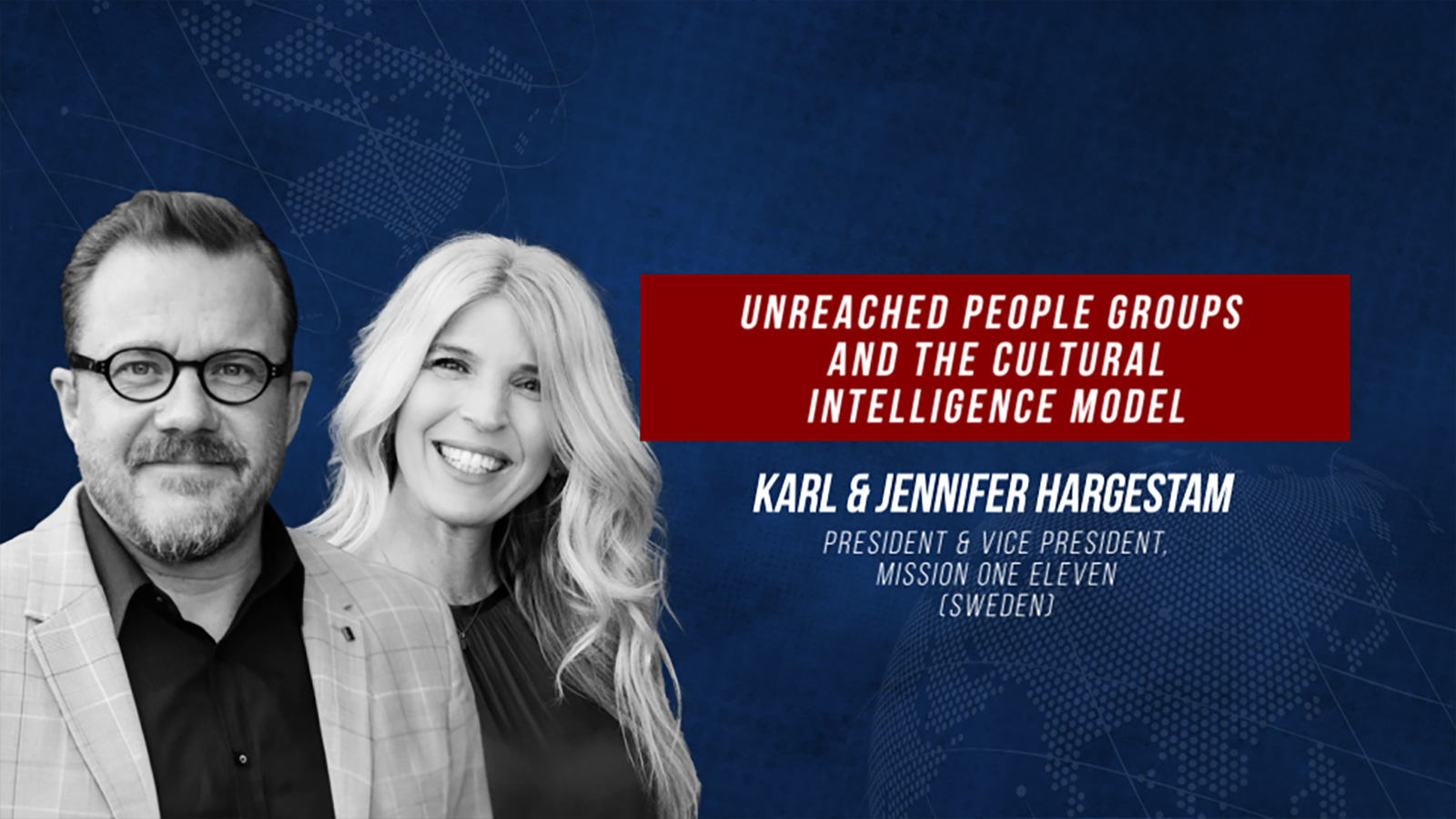Jennifer Hargestam was born in California, where she attended a mission-focused Assemblies of God church. She graduated with a BA in Missions from Messenger College in Missouri. Together with her husband Karl, they served as missionaries to Ethiopia, bringing the gospel to unreached people groups and helping Ethiopian women and children affected by HIV/AIDS. Rev Jennifer is also the co-founder of Mission One Eleven and Joshua Campaign International.

This essay proposes two elements that could be integrated into a local church UPG training curriculum.
First, Cultural Intelligence (CQ) formation. CQ is defined as capability of an individual or group to function effectively in situations characterized by cultural diversity. CQ research conducted by the Singaporean Soon Ang and others, provides compelling insight into why individuals/organizations thrive in culturally diverse settings while others do not. including the factors that make the difference. Emerging from the research evidence is a globally accepted model where the effectiveness of cultural knowledge, strategies and actions can be developed and measured. The CQ model has been adopted by Fortune 500 companies around the world. So should we.
Second, the application of an established method for understanding religion. A grasp of cultural similarities and differences is incomplete without a basic understanding of a UPGs beliefs, rituals, and practices.
© 2025 City Harvest Church. All Rights Reserved.